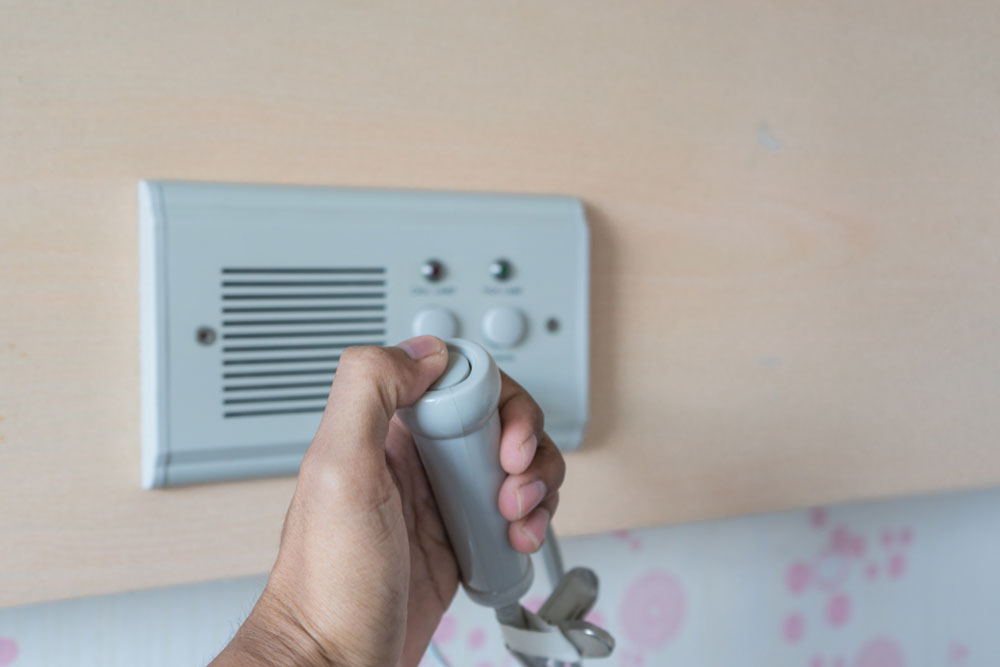4 medical alert systems for seniors that are actively saving lives
Aging is a phenomenon that stealthily makes its way into everyone’s lives, irrespective of how healthy or affluent they are. One’s twilight years are often accompanied with mobility and health issues, and most of the times, seniors need around-the-clock caretakers if their health deteriorates. However, it is a fact that not every senior citizen can afford a caretaker as a majority of seniors depend on their Social Security for sustaining their everyday needs.

A medical alert system is a device which is a combination of hardware and software and is usually available in the form of a pendant which sends a distress signal to medical personnel when there’s a medical emergency. This device is commonly used by seniors and differently abled people who are prone to sudden medical urgencies. The regular medical alert systems for seniors often consist of a pendant and a corresponding base station. When the individual pushes the pendant button, the base station receives this distress signal and it calls a pre-programmed number where emergency responders standby to access the situation and send an emergency personnel or contact a family member if the situation calls for the same.
Since there are various companies that offer medical alert systems for seniors, you need to decide which one would be more compatible with your requirements. Here are some of the best medical alert systems for seniors that have been tried and tested, and are believed to provide with the desired results.
GreatCall Lively Mobile
This is one of the best medical alert systems for seniors that is water-resistant and can dial the call center or directly contact 911 immediately, typically 15 seconds after you press the button, which is faster than the other medical alert systems. Moreover, the fact that this medical alert system can contact the call center and 911 is commendable since not many medical alert systems for seniors have this provision. Another factor that makes GreatCall more appealing is that it offers one of the lowest cost month-to-month plans and the battery lasts for 24 hours. This amazing, life-saving device costs around $40 per month and is compatible with Verizon cell service.
Bay Alarm Medical
Bay Alarm Medical has been around for 70 years and prides itself on promoting the most important things in an individual’s life, which are family, health, and independence. It is common knowledge that senior citizens do not take it kindly when it comes to compromising their independence and depending on someone else. However, Bay Alarm Medical is the perfect partner for such independent seniors, and you can choose from the four medical alert plans with prices that range from $19.95 to $39.95 per month. It has a portable base station that includes the HELP button with a range up to 1000 ft. and offers 24/7 emergency access.
LifeStation
LifeStation has been hailed as one of the best medical alert systems for seniors since it has a plethora of customers that vouch for its efficiency. LifeStation offers four plan options with prices starting at approximately $25.95 per month and even comes up with discounts that make it appealing to the prospective customers. Moreover, it is quite easy to use, and whenever you press the help button, you are immediately connected to the customer care immediately, and help is already on the way before you know it. It is also equipped with automatic fall detection and helps access help through mobile with GPS technology.
LifeFone
This is one of the best medical alert systems for seniors that have been around for more than four decades. Moreover, this company’s emergency pendants and consoles are considered to be the best when it comes to medical monitoring services that have the longest ranges. The At-Home Landline medical alert plans cost around $30 per month, which is highly affordable. It also provides a solid emergency contact plan and has receptive and courteous response center to its credit. The emergency care plan of this company offers a personalized profile with medical history, physicians, medications, allergies, family members, and preferred hospitals.